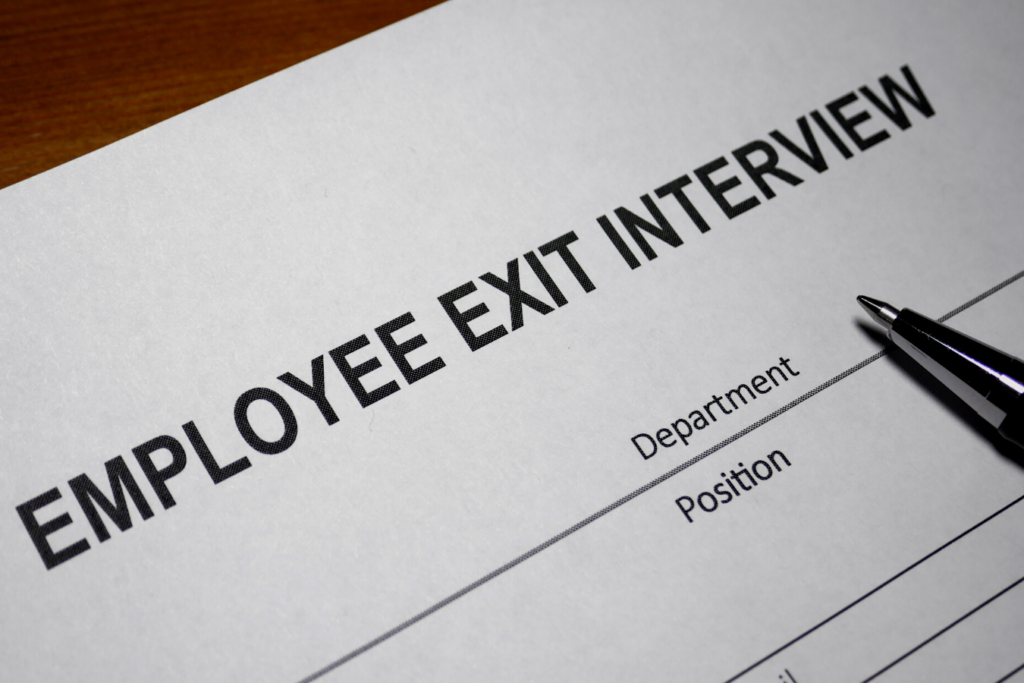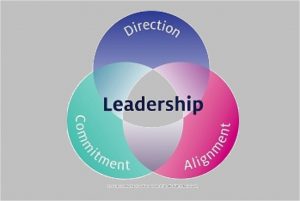 Recently I was invited to conduct an exit interview with the departing Executive Director (ED) of a charitable foundation. I was told by the Chair that the departing ED had done a great job and had resigned to accept a position with another organization. It was believed an exit interview would aid the Board in selecting and working with the next ED.
Recently I was invited to conduct an exit interview with the departing Executive Director (ED) of a charitable foundation. I was told by the Chair that the departing ED had done a great job and had resigned to accept a position with another organization. It was believed an exit interview would aid the Board in selecting and working with the next ED.
I believe it’s important to conduct exit interviews at all levels of an organization; it provides an opportunity to ask why an employee is leaving and to describe the ideal candidate.
It’s particularly important for Board members to conduct a formal interview to capture a departing Chief Executive’s intimate knowledge of strengths and weaknesses of the organization and opportunities to improve the Board’s own performance.
Questions that will provide insight to Board performance and partnerships are:
- How does the current Board add value to the organization?
- What areas of governance or Board operations are in need of attention to set the next ED up for success?
- What can the Chair and the Board do to create strong working relationships with the next ED?
To better understand the strategies, internal operations and priorities one may chose to ask:
- What does the new ED need to understand about our mission and those we serve?
- What are our core values, beliefs or assumptions?
- What are the big issues facing the the organization that will likely consume the time of the incoming ED?
- Who are the key stakeholders the ED must reach out to first?
In addition, I believe an objective for all exit interviews is to create a positive experience for the organization and the departing employee in order to enhance the organization’s reputation in the community as a good employer.
For guidance, I typically refer to “Exit Interviews with an Appreciative Eye” by Lia Bosch from the book “Lessons From the Field: Applying Appreciative Inquiry”, (Revised Edition 2001) by Sue Annis-Hammond.
Here are a few questions suggested by Lia in four topic areas.
1. Attractive Organization
Starting back at the time you joined the organization:
- What attracted you?
- What were your initial impressions when joined?
- What do you most value about the organization, and why?
- What’s the single most important thing the organization has contributed to your life?
2. Being the Best
- In your opinion, what do you think makes the organization unique or stand out above others in the sector?
- What is the most important achievement of the organization you recall that illustrates the spirit of “being the best”?
- What legacy do you feel you’re leaving the organization?
3. Shared Commitment
- In your mind what is the common mission or purpose that unites people of this organization?
4. People and Teamwork
- Can you think of a time when there was an extraordinary display of teamwork between individuals or diverse groups?
- Or give an example of the best team or committee you have been part of?
- What are the factors that made it effective?
And here are two of my own questions that may help you if your intent is to facilitate a hybrid work environment that invites a blend of remote and in-person positions:
- What activities of your work are suited to remote work, and why?
- What activities are best suited to being present in the office location, and why?
When I submitted my exit interview report I was assured by the Chair that it received a very good reaction from the Board.
What was also rewarding was the reaction from the departing Executive Director. “You know this exit interview was very good for me too!”
Bruce Halliday
Principal






